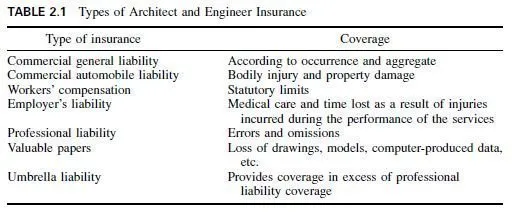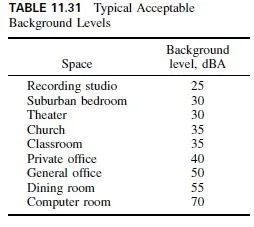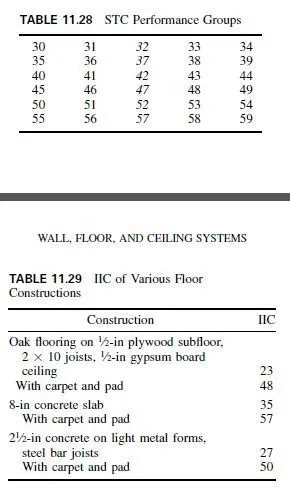Motor-Vehicle Insurance
Loss and damage caused by or to motor vehicles should be separately insured under specific policies designed to cover hazards resulting from the existence and operation of such vehicles. Bodily injury or property damage sustained by the public as a result of the operation of contractors motor vehicles or other self-propelled equipment is insured under a standard policy of insurance. To secure complete protection, a Comprehensive Automobile policy should be obtained to provide protection, in addition to the preceding, for hired cars, employers nonownership, and any newly acquired motor vehicles or self-propelled equipment during the term of the policy. Damage to owned vehicles can be added to the same policy on an automatic basis to provide Comprehensive Coverage and Collision Insurance.
All vehicles should be covered, for high limits.
Protection furnished by automobile liability and property damage insurance serves in two ways: (1) the insurance company agrees to pay any sum for bodily injury and property damage for which the insured is legally liable, (2) the policy agrees to defend the insured. It is important, therefore, that the limits be adequate to guarantee that the insured obtain full advantage of the service available. For example, suppose only $25,000 and $50,000 limits are carried, and action is brought against the contractor in the amount of $500,000. It may be necessary to employ an attorney to safeguard the insureds interests for the amount of the action that exceeds the limits of the policy.
A contractor should not operate any type of motor vehicle without insurance.
Automatic coverage should be provided to include all motor vehicles owned or acquired. The cost for highest available limits is reasonable.
Damage to owned motor vehicles may be insured under a fire, theft, and collision policy. Comprehensive motor-vehicle protection covers physical damage sustained by motor vehicles because of fires, theft, and other perils, including glass breakage.
Collision insurance insures against loss from collision or upset. While the latter is available on a full-coverage basis, it is generally written on a deductible basis (loss less a fixed sum).
To cover a contractor for liability arising from the use by employees of their own automobiles while on the contractors business, nonownership or contingent liability coverage is necessary. This may be included in the policy by endorsement.
Frequently, contractors have occasion to hire trucks or other vehicles. Liability and property damage insurance to cover the contractors liability when using hired vehicles should be included at the time automobile insurance is arranged.
Boiler and Machinery Insurance
Boilers and other pressure vessels and machinery require the protection provided by boiler and machinery insurance. These policies cover loss resulting from accidents to boilers or machinery, and in addition, cover contractors liability for damage to the property of others. Policies may also include liability arising from bodily injuries sustained by persons other than employees. This is needed because of the exposure that many contractors have as a result of the interest of the public in construction work.
The service rendered by boiler and machinery companies is of great help. Nearly all insurance companies that write this form have staffs of competent and experienced inspectors whose job it is to see that boilers, pressure vessels, and other machinery are adequately maintained.
Liability Policies Covering Contractors Operations
Anyone who suffers bodily injuries or whose property is damaged as a result of the negligence of another person can recover from that person, if the latter is legally liable. Every business should protect itself against claims and suits that may be brought against it because of bodily injuries or property damage suffered by third parties.
Maintenance of an office or yard, as well as the conduct of a construction job, presents exposures to the public. There may be no negligence, and consequently no legal liability on the part of the contractor, but should claim be brought or suit instituted for an injury, the contractor without insurance coverage will require trained personnel to investigate the claim and negotiate a settlement or defend a lawsuit if the claim goes to court.


